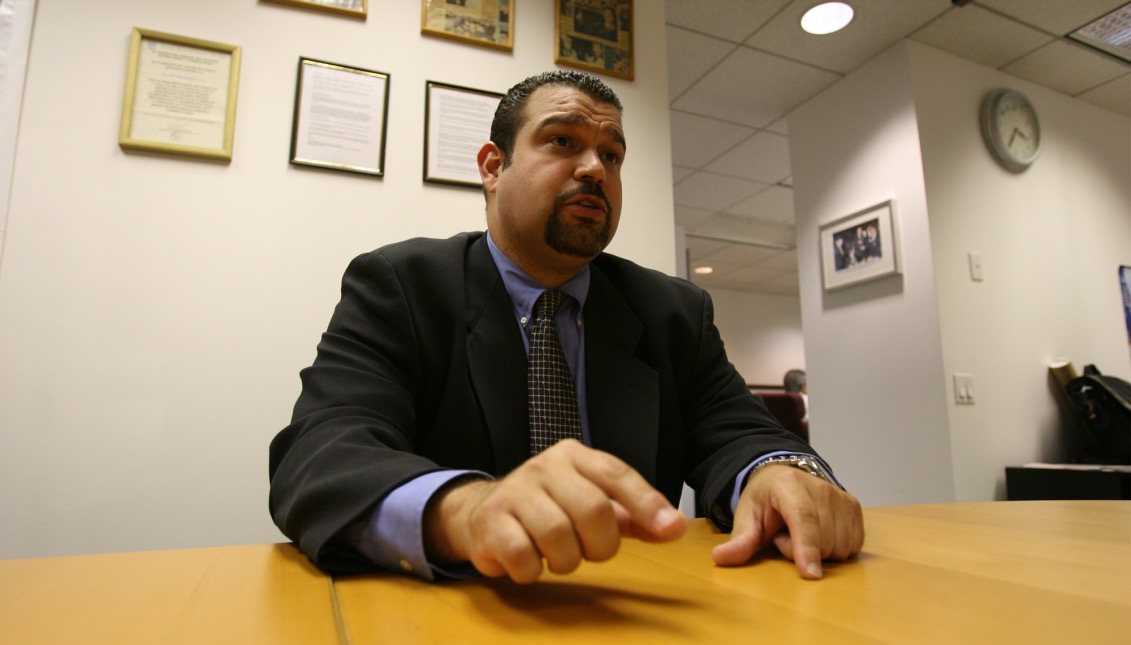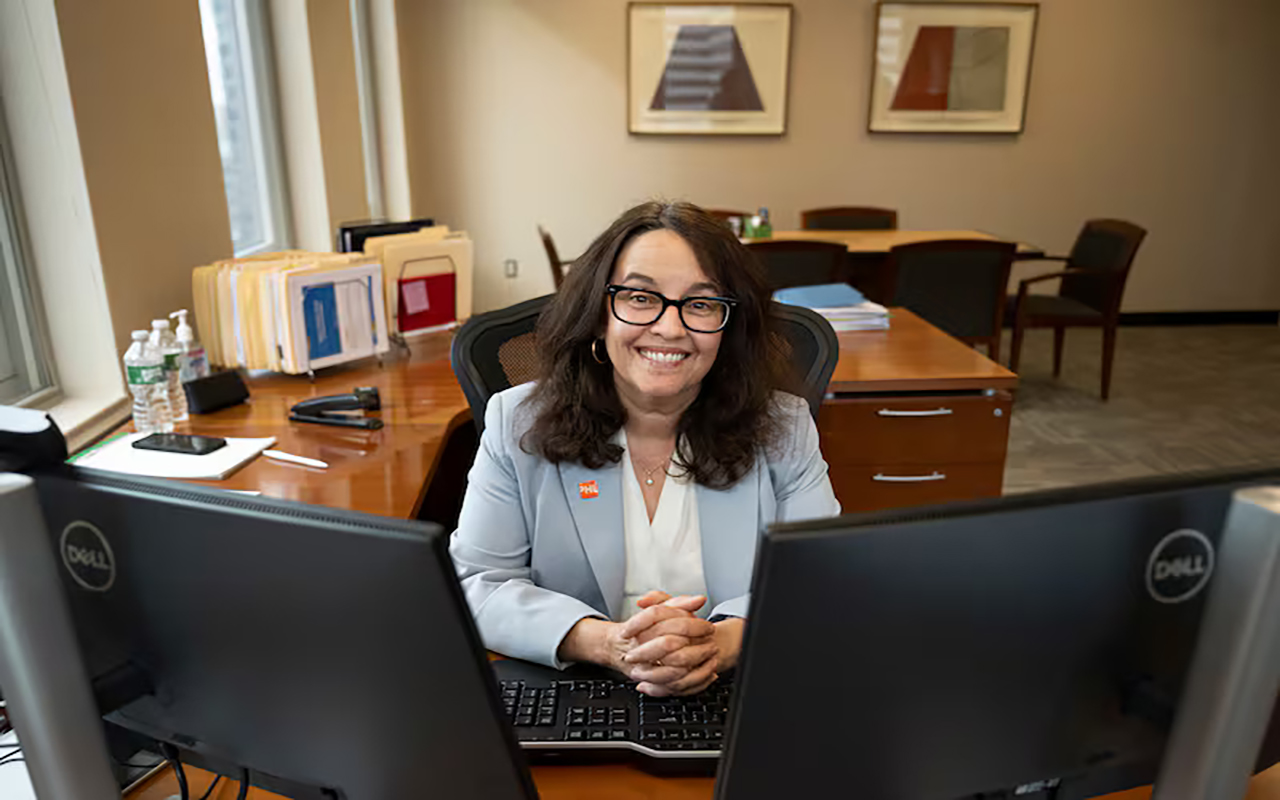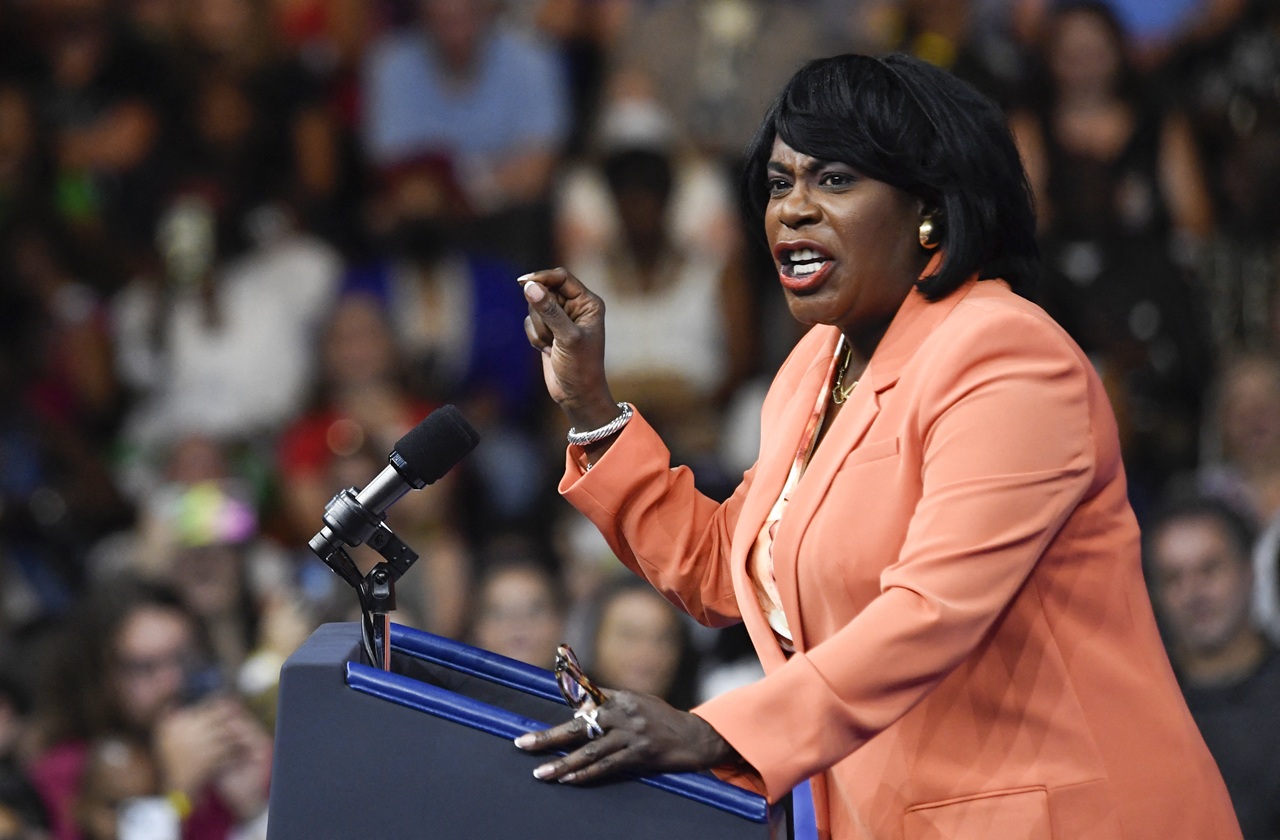
Pedro Rivera, ready to serve students in Philadelphia and all of Pennsylvania
Pedro Rivera, who was nominated as Secretary of Education of Pennsylvania by Governor Tom Wolf, talked to AL DÍA about his vision for his new job and his…
Pedro Rivera, who was nominated as Secretary of Education of Pennsylvania by Governor Tom Wolf, talked to AL DÍA about his vision for his new job and his commitment to schools in urban areas like Philadelphia.
He also talked about the representation of Latinos in Wolf’s government, what his nomination means for this community, and why there is no excuse for ESL language learners not to get a rigorous education.
Here’s what Rivera, who a few days ago was still superintendent at the Lancaster School District, had to say.
About the representation of Latinos in Tom Wolf’s government and having Pedro Cortés as Secretary of State:
It’s great when you see another Latino being named to the post but when you know it’s someone of that caliber and that talented, you realize he really is the best for the job. For myself, having grown up in the Latino community in Philadelphia —my grandmother came here with a 4th grade education from Puerto Rico— I’m excited and proud to represent our community. At the end of the day what we do with our kids in school is going to ensure that we have more and more Latinos taking posts like this in the government.
About representing a community with the highest dropout rate along with the African American:
I grew up in that community and it’s my responsibility, as a Latino, to not just think that me sitting here is what’s going to make a difference. It’s really about impacting policy and how we, through education, serve our communities. It’s nice to be in that position to lead and serve but at the end of the day I need to make sure I work hard to serve not only the Latino community but our urban communities and any other school community to make sure they are successful.
About the things he learned in the Philadelphia School District and the Lancaster School District:
One thing I learned in Philadelphia and that I was able to take into Lancaster, and learn even deeper, is the need to focus on all children; the need to not only focus on the educational aspect but to focus on the social and emotional needs, and focus on issues that are related to poverty, drop-out and graduation rates. Governor Wolf is focusing exactly on those areas, working on education funding, on bringing back many of the supports that were cut from school districts across the state, lessening the property tax burden, looking at early childhood opportunities, focusing on college readiness. For me that’s exciting and given the opportunity to put that support in place, I am confident that we’re going to make a difference for our kids in our state and specifically we are going to make a difference for our kids in Philadelphia and in urban districts.
About the difference between being superintendent in Lancaster and Secretary of Education for Pennsylvania:
One of the biggest differences is going to be the size and the diversity of the student population. My experience and my background has always been in urban areas and now I am going to be serving a broader community and focusing on all the children in the commonwealth. Every parent wants to know that their kid is receiving a quality education and so it’s going to be our job to make sure that every parent will continue to work with school districts to provide the best education we can.
About the challenges the SRC may face as the mayoral elections get closer:
Local governance is a question that comes up often. What is the best way to govern a school district? That depends on the community and the needs of that specific community. As a secretary you have to understand that you are not only communicating with superintendents but you have to communicate with the governing boards. The governor absolutely supports local control of schools, and as secretary I am going to support his notion but also work closely with leaders and of the school district to improve for our kids.
About the the new pre-K-12 curriculum he implemented in Lancaster:
We were able to update almost of all our curriculum. We took the standards, and then mapped those to improve and to better align with the early childhood, elementary, middle school, and the high school curriculum. We said that every kid in our district should be prepared to take calculus in high school regardless of socioeconomics, and we said OK, what do we have to start teaching them in kindergarten? And we created a curriculum that aligns to that in the classroom.
About the new curriculum and ESL learners:
We also took a look at providing good intensive intervention for ESL language learners. Just because you have a need like English language instruction doesn't mean that you can’t receive rigorous instruction. We created a curriculum that was deeper and didn’t use the fact that they didn't know English as an excuse not to teach them. It’s about recognizing that students have special needs but at the same time knowing that it’s not an excuse to not push them.
In Lancaster, almost 20 percent of students are ESL learners. In Philadelphia I taught ESL to students and as a principal I always had a large population of ESL learners in an area that is extremely close and personal to me and an area that I will continue to focus on providing opportunities to our kids.










LEAVE A COMMENT: